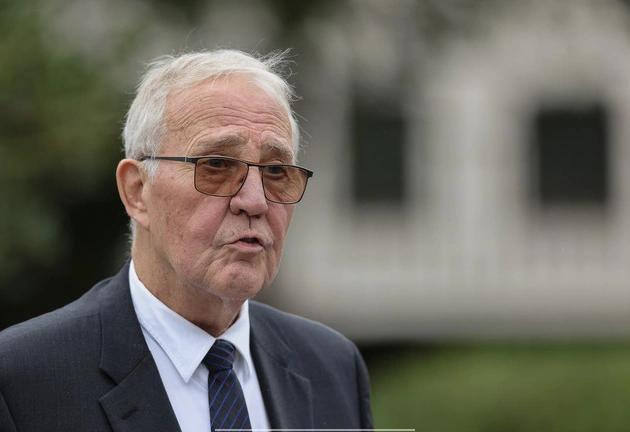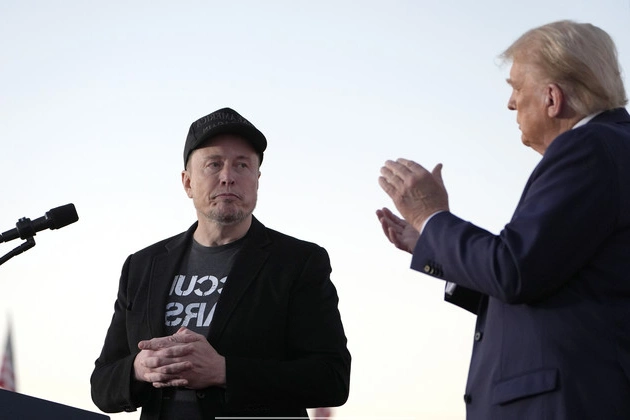
Canada’s Defense Minister Bill Blair strongly condemned President Donald Trump’s recent 51st state threats as ‘offensive’ during a press conference in Brussels. Despite the provocative rhetoric, Blair reassured the public that Canada does not perceive a sincere threat from the United States.
Standing Firm Against Threats
Blair’s statement came following a meeting with Prime Minister Justin Trudeau and NATO Secretary General Mark Rutte, where he reiterated Canada’s unwavering commitment to national sovereignty and defense readiness. ‘Canadians will always stand up for our nation, our country,’ Blair affirmed. ‘We’re prepared to defend ourselves as required, even if it demands sacrifice.’
Shifting Perspectives
Blair’s firm stance contrasts with his previous optimism towards the U.S. administration. In late November, he expressed trust in America’s institutions despite the uncertainties surrounding Trump’s presidency. However, the recent escalations in annexation rhetoric and tariff threats have raised concerns across Canada, prompting a unified response from the country’s leaders.
Reactions and Concerns
Canadian premiers, including Newfoundland and Labrador Premier Andrew Furey, have voiced apprehensions about Trump’s expansionist agenda. Furey highlighted the need for Canada to take these threats seriously and stand united against any perceived encroachment on the country’s sovereignty.
Former Prime Minister Stephen Harper also weighed in on the situation, warning of potential damage to Canada if Trump’s intentions materialize. Harper emphasized the importance of preserving the country’s independence, even in the face of significant challenges.
Strategic Alliances and Obligations
Blair’s visit to Brussels coincided with discussions on NATO spending targets and Canada’s commitments to the alliance. He underscored the importance of fulfilling NATO obligations and enhancing defense capabilities in response to evolving security threats.
Looking ahead, Canada aims to meet NATO’s 2 percent GDP spending target by 2032, aligning with international expectations for defense investment. However, Trump’s recent advocacy for a 5 percent GDP spending threshold has sparked debates within the alliance, raising questions about the feasibility and implications of such a significant increase.
Commitment to Collective Security
As Blair prepares for engagements at the Munich Security Conference in Germany, the focus remains on strengthening transatlantic partnerships and upholding NATO’s core principles of collective defense. The minister’s discussions with defense counterparts and alliance members reflect Canada’s proactive approach to enhancing security cooperation and preparedness.
Despite the uncertainties surrounding U.S. foreign policy and defense priorities, Blair remains optimistic about the enduring partnership between Canada and the United States. He emphasizes the effectiveness of alliances like the North American Aerospace Defense Command (NORAD) in safeguarding regional security interests.















